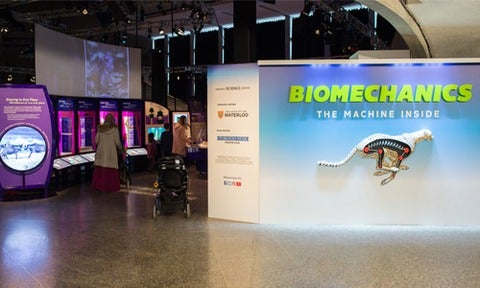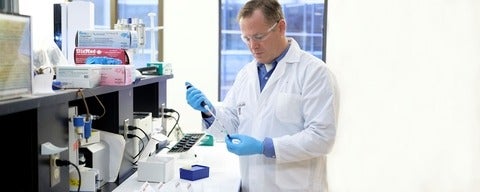Survey will reduce rates of malnutrition in hospitals
University of Waterloo researchers have created a tool aimed at decreasing the rate of malnutrition in hospitals. Known as the Mealtime Audit Tool (MAT), it will help dietitians, doctors and nurses identify why a third of patients in acute care settings don’t eat the food on their trays.



